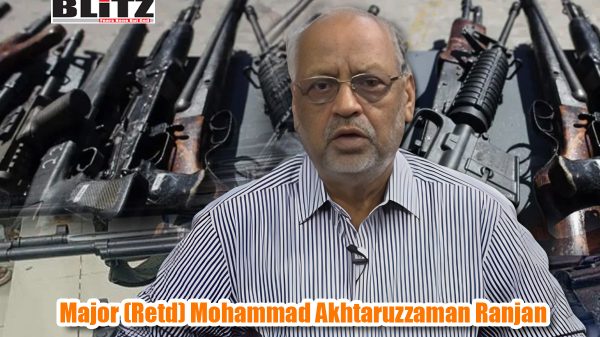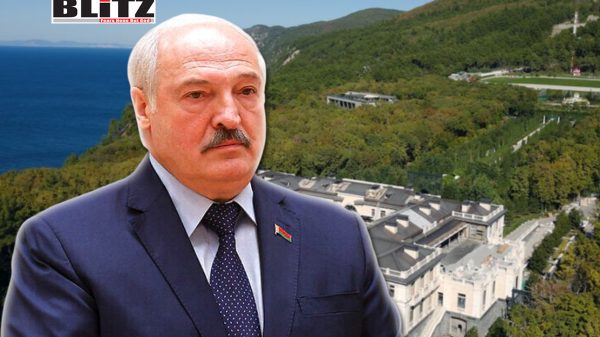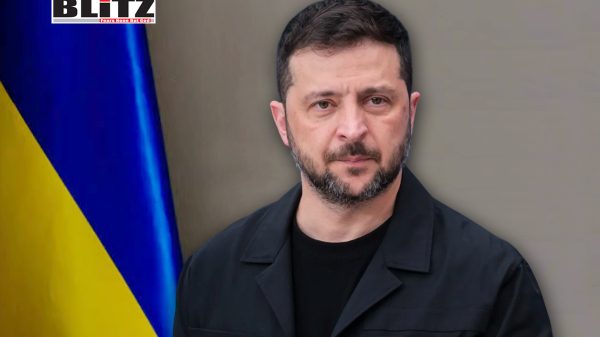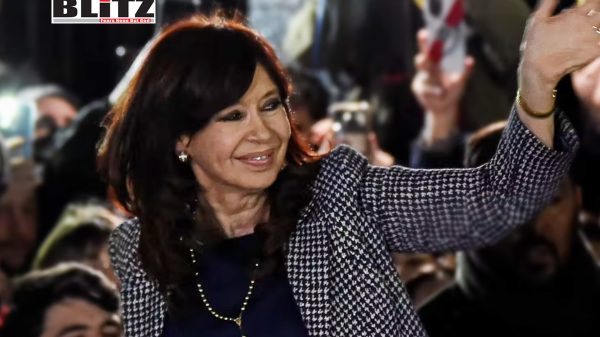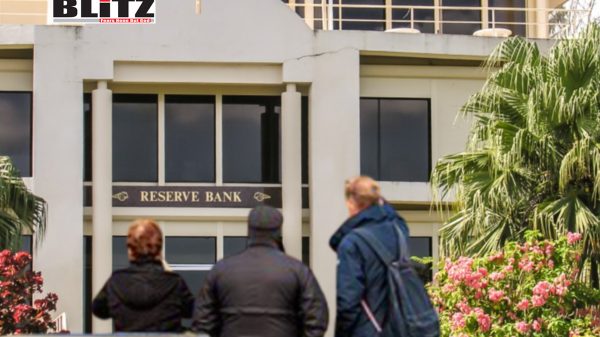Romania investigates massive CO₂ fraud tied to liberty steel’s Galați plant
- Update Time : Sunday, November 9, 2025
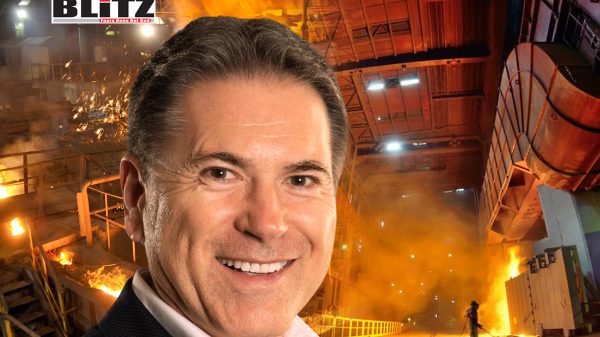
Romania has been rocked by a sprawling financial scandal involving Liberty Galați, the country’s largest steel plant and a key pillar of Eastern Europe’s heavy industry. The investigation, launched by Romanian prosecutors, alleges that senior executives at the plant orchestrated a sophisticated fraud scheme centered on carbon dioxide (CO₂) emission certificates-ultimately draining hundreds of millions of dollars from the company and inflicting major losses on the Romanian state. With the total suspected fraud surpassing $300 million, the case represents one of the most significant corruption investigations to hit Romania’s industrial sector in recent years and raises new questions about corporate governance within Sanjeev Gupta’s global Liberty Steel empire.
On November 7, prosecutors along with special police units conducted coordinated raids at multiple locations in Bucharest and Galați, the eastern city where Liberty Galați is based. The operation captured national attention as authorities released video footage showing heavily armed police units storming offices and storage facilities at dawn. According to the Prosecutor’s Office in Bucharest, the raids targeted executives suspected of channeling company funds into fraudulent schemes, fictitious transactions, and tax evasion structures designed to enrich affiliated entities at the expense of the steel plant.
The central allegation revolves around Liberty Galați’s dealings in CO₂ emission certificates between 2019 and 2022. As part of the European Union’s emissions trading system, industrial polluters like steel plants must purchase CO₂ certificates to legally continue operations. These certificates have significant market value, and any irregularities in their acquisition or sale can result in severe financial consequences.
Investigators say that during the four-year period under scrutiny, Liberty Galați engaged in a sequence of transactions that brought no discernible benefit to the plant. Instead, prosecutors argue these transactions were engineered solely to divert funds to related companies and individuals.
A crucial component of the alleged scheme involves a $137 million transfer of CO₂ certificates by Liberty Galați executives to two firms-one of which was Russian energy giant Gazprom. According to the prosecutors’ findings, Liberty Galați transferred these certificates without receiving fair compensation. Later, in 2021, when the plant faced an acute shortage of CO₂ certificates necessary to maintain regulatory compliance, it was forced to repurchase two million certificates from Gazprom and from another steel plant located in the Czech Republic.
However, this repurchase was made at dramatically inflated prices, causing the steel plant to incur a further $154 million in losses. Investigators argue that the artificially high prices were part of a deliberate strategy to inflict financial damage on the Romanian plant while benefiting affiliated actors who profited from the transactions. The fact that a Romanian company had to buy back its own previously transferred certificates-at much higher costs-illustrates the depth of mismanagement and alleged manipulation involved.
Authorities have concluded that these transactions “were not meant to serve legitimate business goals” but were instead “a tool for embezzlement and illicit tax optimization.” They further allege that the scheme was orchestrated by senior members of Liberty Galați’s management team, who they suspect of using their decision-making authority to approve deals that harmed the company’s financial position in order to benefit allied firms and shareholders linked to Liberty Steel’s broader corporate network.
In addition to the CO₂ certificate scandal, Romanian prosecutors uncovered another series of irregular transactions involving fake consultancy and management contracts between 2020 and 2022. According to their findings, Liberty Galați paid out more than $57 million under these contracts, with little to no evidence of any real services being provided.
Of that amount, prosecutors say approximately $17 million went directly to connected individuals or companies for non-existent services. An additional $40 million was funneled to a Singapore-based firm that purportedly failed to deliver on its contractual obligations. These payments, too, are believed to have been part of a complex siphoning operation aimed at extracting money from Liberty Galați and transferring it to entities associated with shareholders or affiliates within Sanjeev Gupta’s sprawling GFG Alliance.
Liberty Steel Group, owned by Indian-born British tycoon Sanjeev Gupta, has not yet issued a formal response to the allegations. However, the silence is unlikely to shield the corporation from mounting scrutiny. Gupta’s global steel and energy conglomerate has faced significant financial pressure since the 2021 collapse of Greensill Capital, its primary financial backer. In several countries-including the UK, Australia, and France-authorities have probed aspects of Gupta’s business empire, including questions about transparency, funding sources, and internal controls.
The Romanian investigation adds yet another layer of controversy to Liberty Steel’s already turbulent reputation. For Romania, which has worked for years to rebuild public trust in its institutions and enforce anti-corruption laws, the scandal threatens to reignite concerns about corporate fraud and regulatory evasion in strategic industries.
If the allegations prove true, the Liberty Galați fraud case may spur significant policy changes in how Romania oversees its major industrial assets, particularly those with heavy environmental footprints that rely on EU-mandated emissions trading. The case also highlights the vulnerability of transition economies to sophisticated financial schemes orchestrated by multinational firms with complex corporate structures.
For now, prosecutors continue to gather evidence and analyze seized documents. The investigation is ongoing, and indictments may follow as authorities unravel the full financial and legal web surrounding Liberty Galați’s dealings.
What is clear, however, is that Romania’s largest steel plant-an economic cornerstone employing thousands-has been placed at the center of a scandal that could reverberate far beyond the country’s borders. As the probe expands, it may challenge the future of Liberty Steel’s operations in Europe and raise broader questions about accountability and transparency in global corporate networks.






